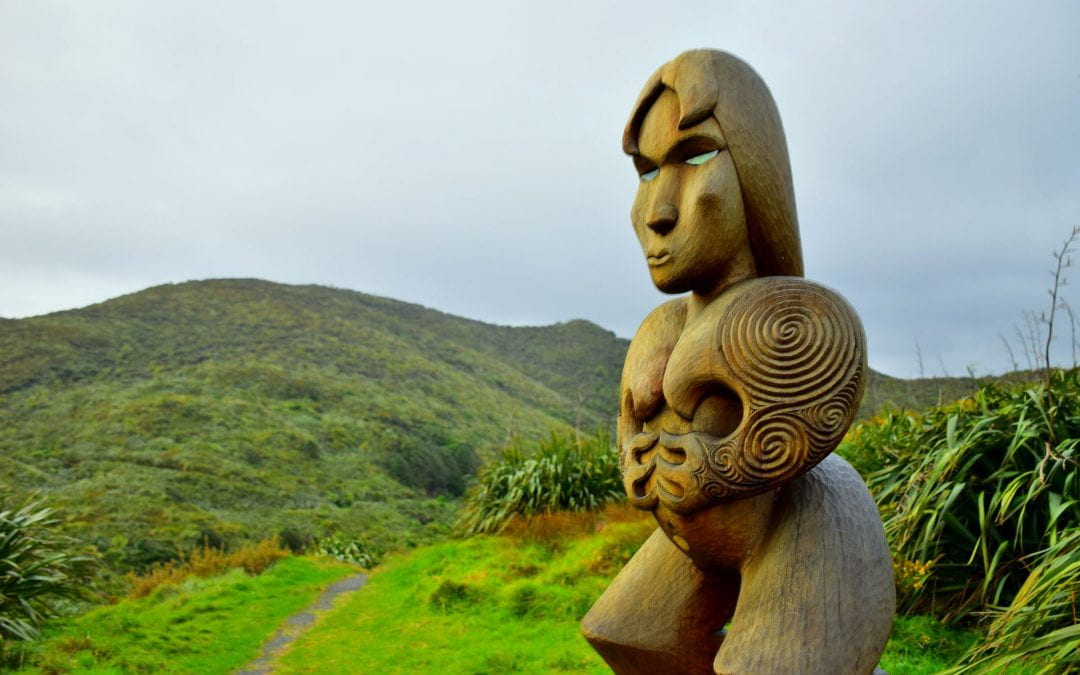By Julie Rowland
The University of Auckland’s Julie Rowland examines the notion that education should be secular and devoid of any form of spirituality.
Commentators, here and overseas, have depicted the practice and learning of science as facing an existential threat in Aotearoa/New Zealand due to the braiding of mātauranga Māori into institutional mores and curricula.
Some arguments cast our universities as communities of scholars developing knowledge according to the universal principles and methods of science.
Universities are far richer. They encompass the arts, humanities and social sciences and each discipline has its own way of making sense of the world. Quite often traditional scientific method does not come into it. The argument that casts scholars in pursuit of universal truths is a simplification that does not reflect the diversity of disciplines, thinking and experience universities have and need to fulfil their role.
Science is a rational pursuit of knowledge, but it does not exist in splendid isolation. If this is painted as the ‘ideal’ science, then it is incomplete. People do science, and people and their culture/s are inseparable.
In Aotearoa/New Zealand our nation’s origins lie with the Treaty of Waitangi. The Treaty is a formal agreement with the third article guaranteeing Māori equal rights and privileges. That means access to education within a system that seeks to fulfil the potential of every individual.
I suspect the heart of the issue is the notion that education should be secular and devoid of any form of spirituality. Proponents of this view would say a karakia (sometimes interpreted as a prayer) to open or close an event, or before guests eat afternoon tea, has no place in education. But in the context of Māori practices and values, and bringing Treaty articles to life, this makes perfect sense. And is absolutely integral.
In Aotearoa, we have a long and evolving history of secular education. In 1877, the Education Act established free, compulsory and secular (non-religious) primary education for all Pākehā children (amended in 1894 to include Māori children). The Act signalled the formal separation of church and state in an attempt to resolve disagreements over which version of Christianity, and which Bible, would be used to educate children.
Religious instruction continued for many years in state schools, but outside the formal hours of learning. Under the secular model, morals and ethics were given life through the mores and values of educational institutions.
Over the past three decades, Māori values, which are inextricably linked to spirituality, have been taken more seriously by the education sector resulting in a shift in the meaning of a secular education. For example, by 1999, all primary and some specialist (physical education) secondary teachers were required to factor spiritual well-being into their teaching programmes. If you’d been trained to think that spirituality has no part in education, as I did then, this was challenging.
But consider the alternative. If Māori values are parked outside state education, who is education for, and on what terms? Clearly, this scenario disregards every aspect of Te Tiriti o Waitangi and wider indigenous rights.
Putting aside our different perspectives on the definition of a secular education, let’s get to the threat: does a Treaty-informed secular education system spell alarm bells for science, or indeed the university sector?
In my view, efforts to acknowledge and understand mātauranga Māori (Māori knowledge) enrich the capacity of students and staff to connect across different world views, which is critical if we are to address the inequities in Aotearoa, let alone global crises like climate change. Acknowledgement and understanding of beliefs leads to richer engagement and the building of a relationship of equals.
Universities are the last in the education line to grapple with the duality that comes with meeting Treaty obligations. There is widespread support for this among academics who see the relevance in multiple ways. Our universities are not at a crossroads choosing the path of the universality of science or a race-based ideology. We are on a dual carriageway and the momentum is building.
This article was originally published on Newsroom and was republished with permission. For the original, click here.
Julie Rowland is the deputy dean of the Faculty of Science at the University of Auckland.
Disclaimer: The ideas expressed in this article reflect the author’s views and not necessarily the views of The Big Q.
You might also like:
Mātauranga Māori: What is science?
How can a Matauranga Māori lens help keep our rivers healthy?

